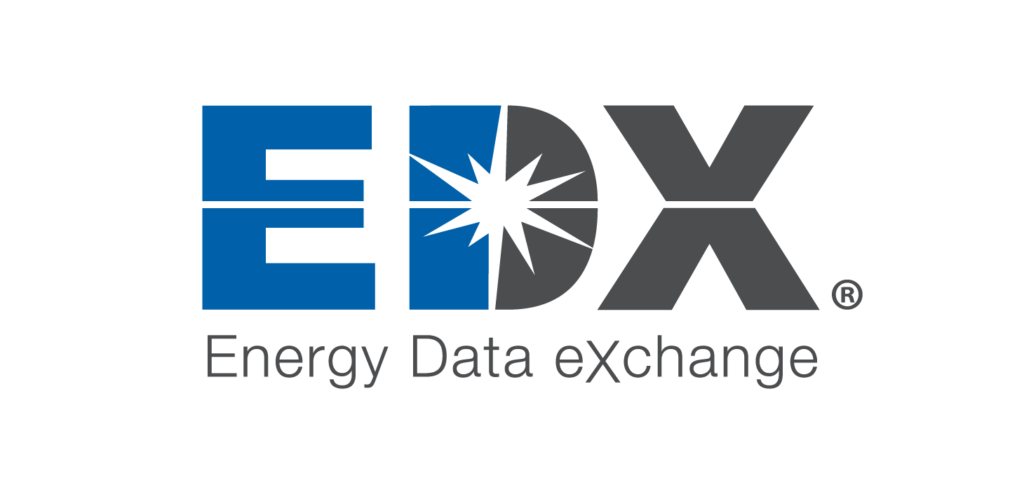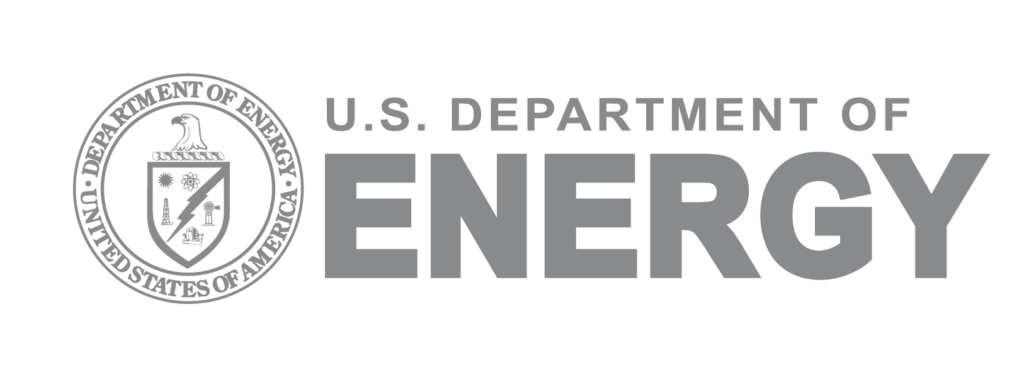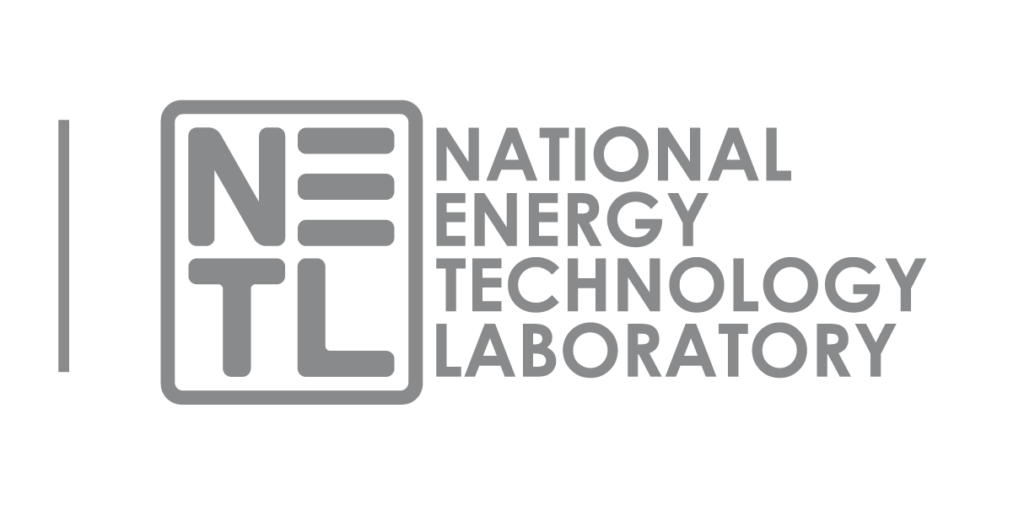disCO2ver
Unlocking data-driven capabilities for the entire CCS community
Home » About
What is disCO2ver?
The EDX-hosted disCO2ver platform connects the carbon transport and storage community to publicly available data resources in support of the U.S. Department of Energy (DOE), Office of Fossil Energy and Carbon Management’s (FECM) mission and goals.
EDX disCO2ver is a central hub for all things carbon storage, making it easier for stakeholders to execute diverse carbon capture and storage (CCS) projects. Funded by the bipartisan infrastructure law (BIL), disCO2ver host tools, datasets, geospatial data, dashboards, and search capabilities (both within and outside EDX) to support users across disciplines and backgrounds find the right resources to meet their needs within carbon storage research.
The U.S. DOE FECM’s Carbon Transport and Storage Program has been supporting the preservation and public availability of CCS data products, such as data, models, and tools, for over a decade on the EDX system. This has resulted in the preservation and publishing of millions of dollars worth of research project products, ensuring their present availability for validation and reuse to accelerate the Program’s present objectives and goals by federal researchers, academia, and industry.
EDX, first launched in 2011, now curates an ever-growing collection of FECM products from many programs. disCO2ver aims to help Carbon Transport & Storage (CTS) program stakeholders connect to the resources most relevant to them by increasing the visibility of CTS research products available to the public. disCO2ver also includes links to publicly available resources from authoritative resources outside DOE FECM’s program products.
In disCO2ver, users will find:
Discover a comprehensive list of data resources, available on EDX and from authoritative external sources, such as carbon capture and storage facilities, emissions and point source datasets, field study data collections, energy justice and social justice, geosample and core data, infrastructure, offshore-specific datasets, resource and storage assessments, spatial data, and subsurface geologic datasets.
Access a variety of tools, including resource assessment, cost modeling, environmental justice and social justice, risk assessment, monitoring design, subsurface property prediction, and spatial data tools.
Review key publications, including recently published resources by the community that are applicable for understanding the current state of the science and research.
Learn about DOE programs, including key carbon transport and storage initiatives, and learn how to access their webpages for further information.
Explore external programs, including key CCS-related research initiatives outside of DOE, and learn how to access their webpages for further information.
Highlights
View a list of tools developed to assist your exploration of carbon detection, transportation, sequestration and monitoring related information.









